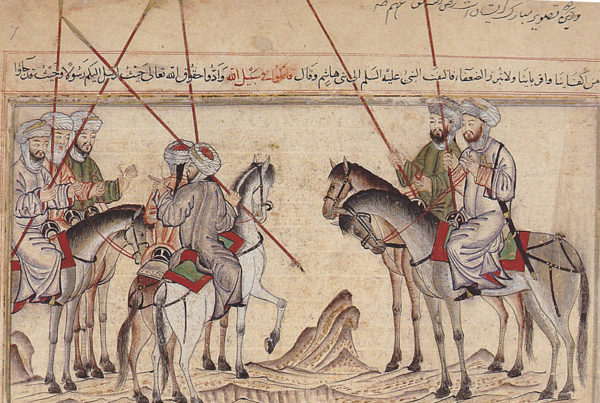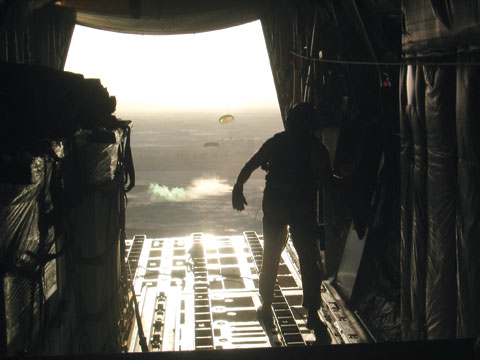Any bibliophile cannot pass up a chance to rummage in a used book store or a library discard sale, where there is always gold to be found among the brass. A friend turned up with a copy of Wilhelm Dietl’s Holy War (Macmillan, New York, 1984) which has proven invaluable. Dietl was writing about the Muslim Brotherhood, a large and quiet network of Islamic activists who were increasingly growing in power and influence across the Middle East and beyond. These are the men (and a couple of women) who sowed the seeds of today’s whirlwind.
As a journalist, Dietl is sympathetic with the plight of so many Middle Easterners: Their governments were corrupt, chaotic and dictatorial; the oil wealth was being squandered; and their human capital was being likewise wasted. He was prepared to sympathize with the Islamic Brotherhood who sought a return to traditional values to protect themselves from their own rulers and against what they saw as the alienating sense of modernization. But even Dietl, fair-minded as he tried to be, comes to an increasing sense that tying Islam to politics was not going to work that well.
Dietl’s interviews and research are fascinating; he was exploring the foundations on which al Qaeda and so many other groups were built, and interviewed many of the people who formed the Jihadist ideology. Some of his research is fascinating: Who knew that the Saudi Government – with French help – used Cyanogen Bromide poison gas to help clean renegade Wahhabi terrorists out of the Grand Mosque of Mecca in 1979? However, Dietl gives – almost – the last word to an unnamed Pakistani businessman sitting in a Karachi airport lounge in 1984: “Look at this waiting room. There are many educated people sitting here, yet with certainty sixty percent of them are radicals and fanatics, which is an average among our people. That is what will determine the future. May Allah have pity on us.”








